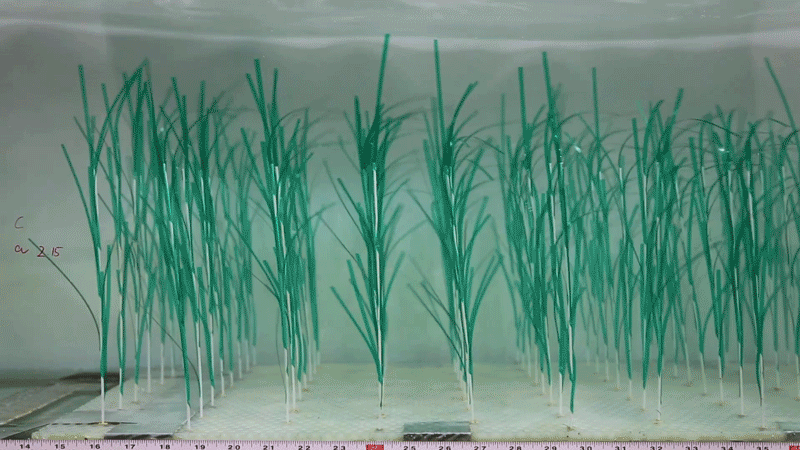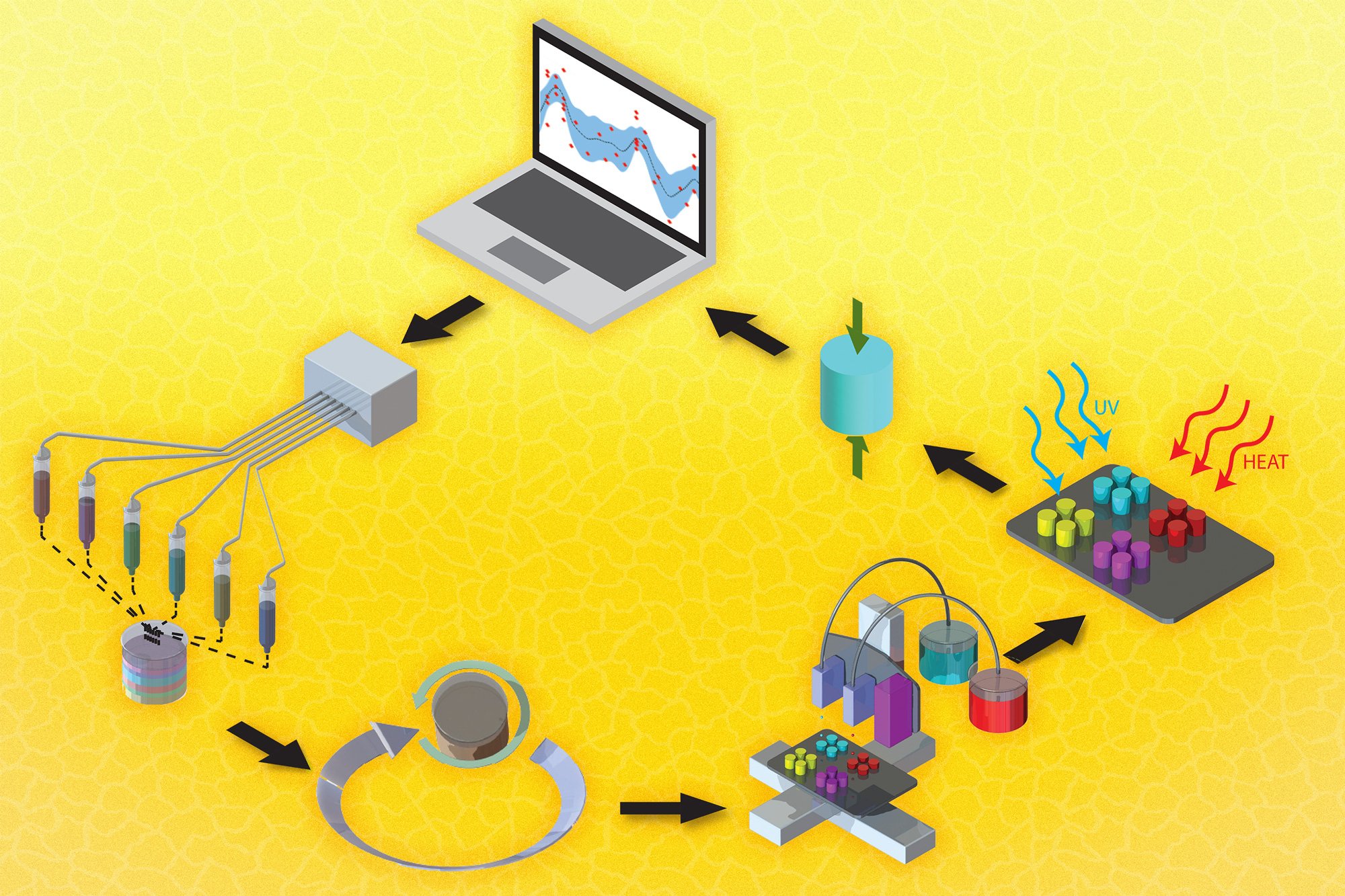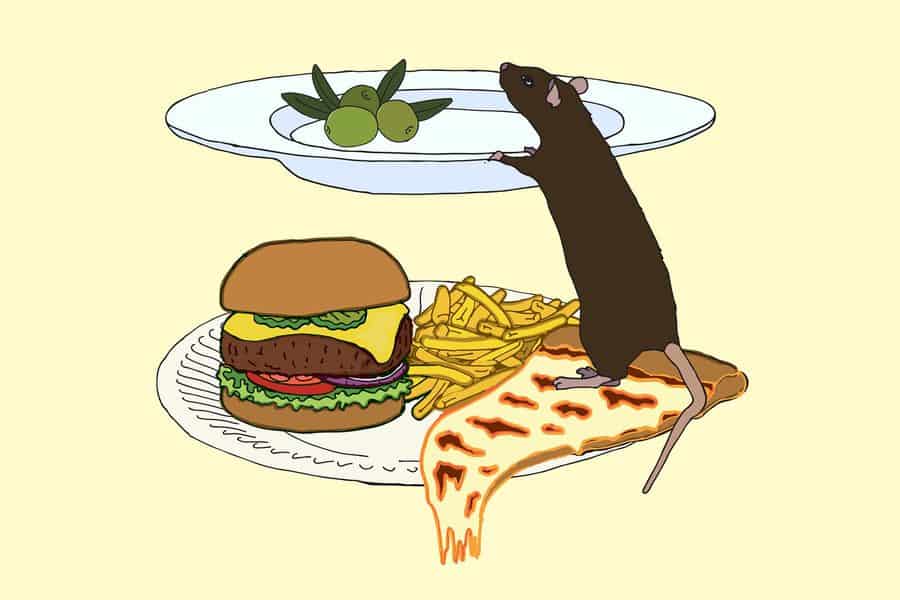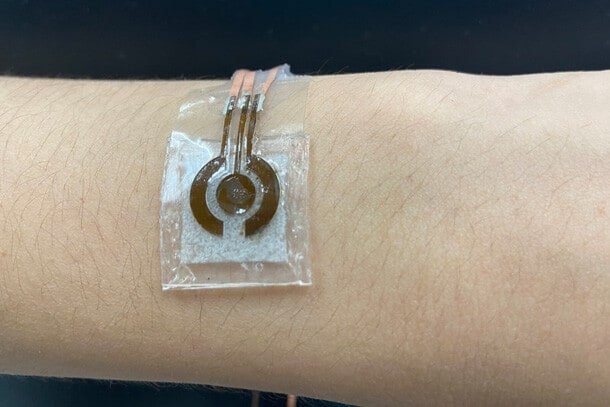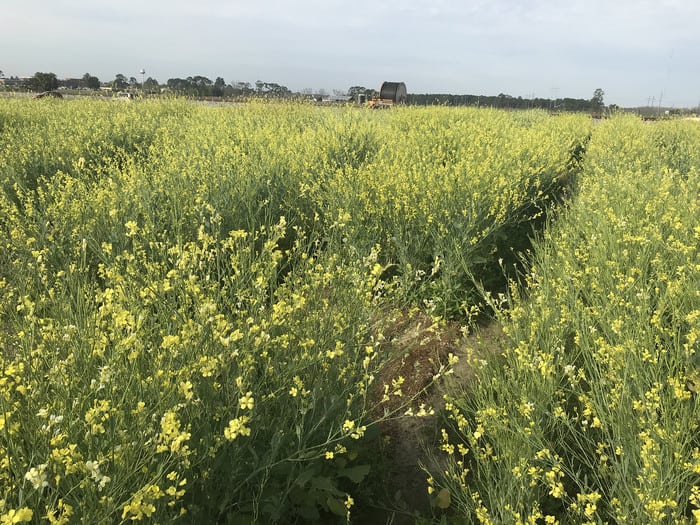Researchers from the Rosalind Franklin Institute hit the headlines last month when they announced that a unique type of antibody produced by llamas could provide a new treatment against Covid-19 as a simple nasal spray. The institute, which focuses on tackling the most pressing health challenges, now has a new £43 million home within the […]
Read More
